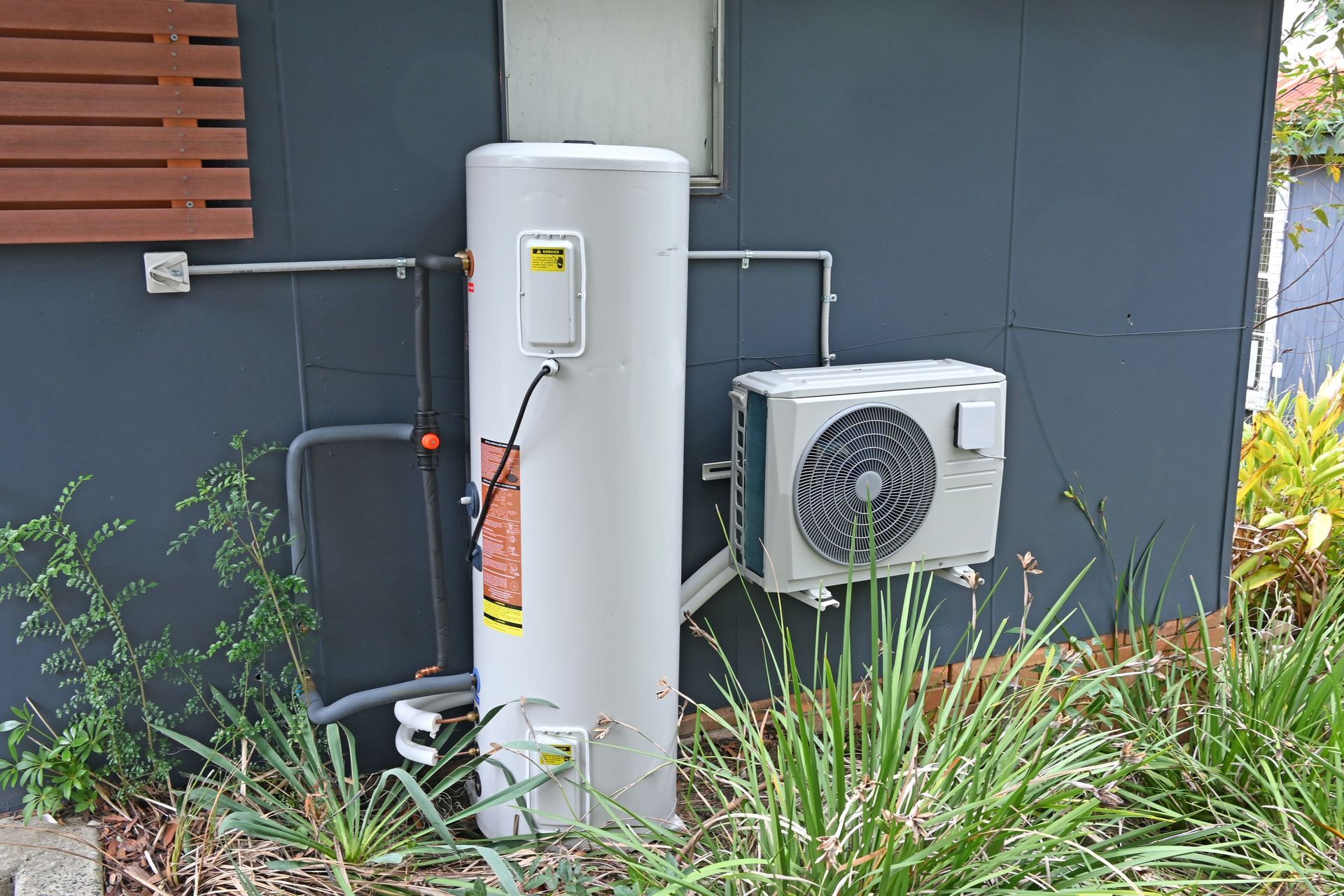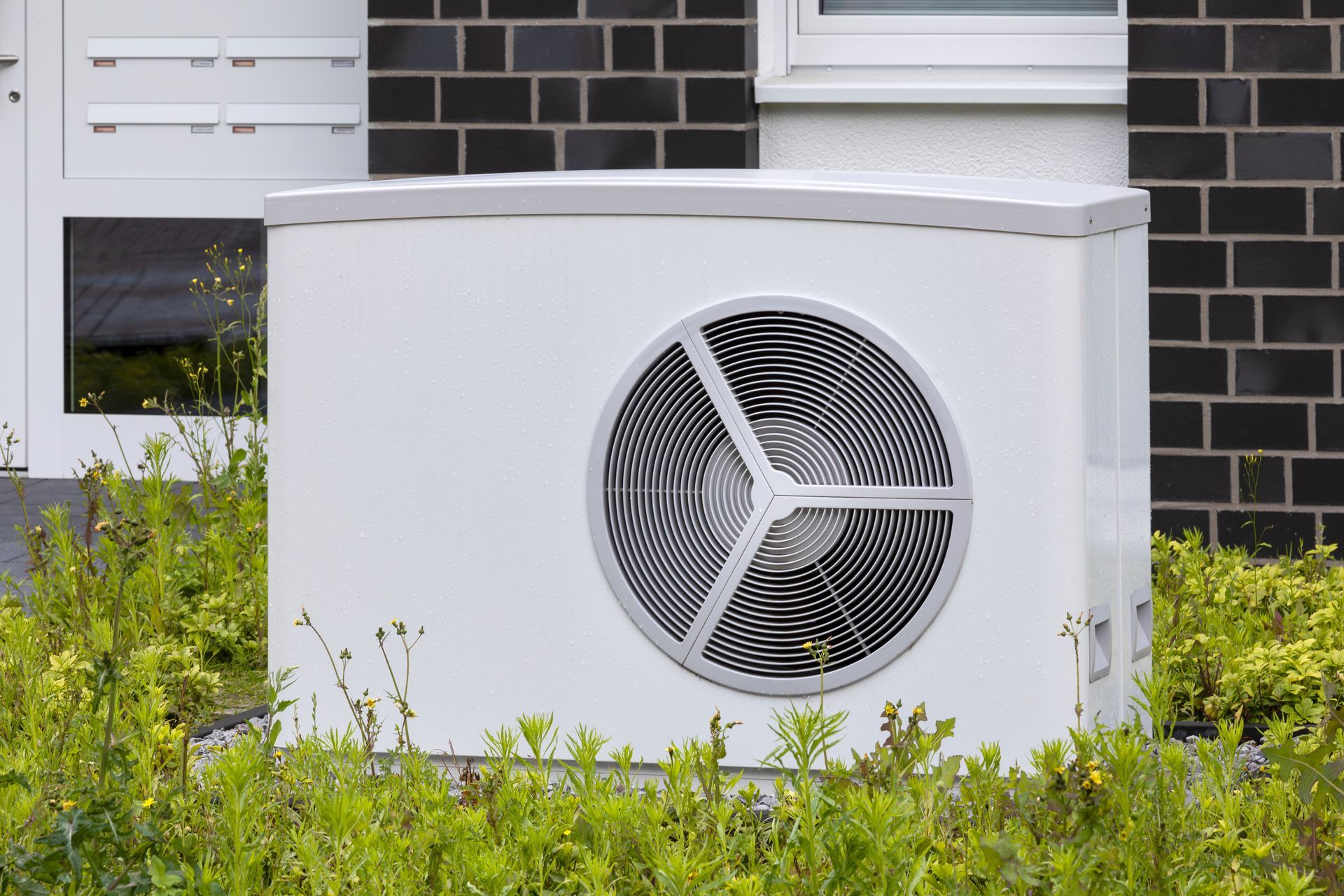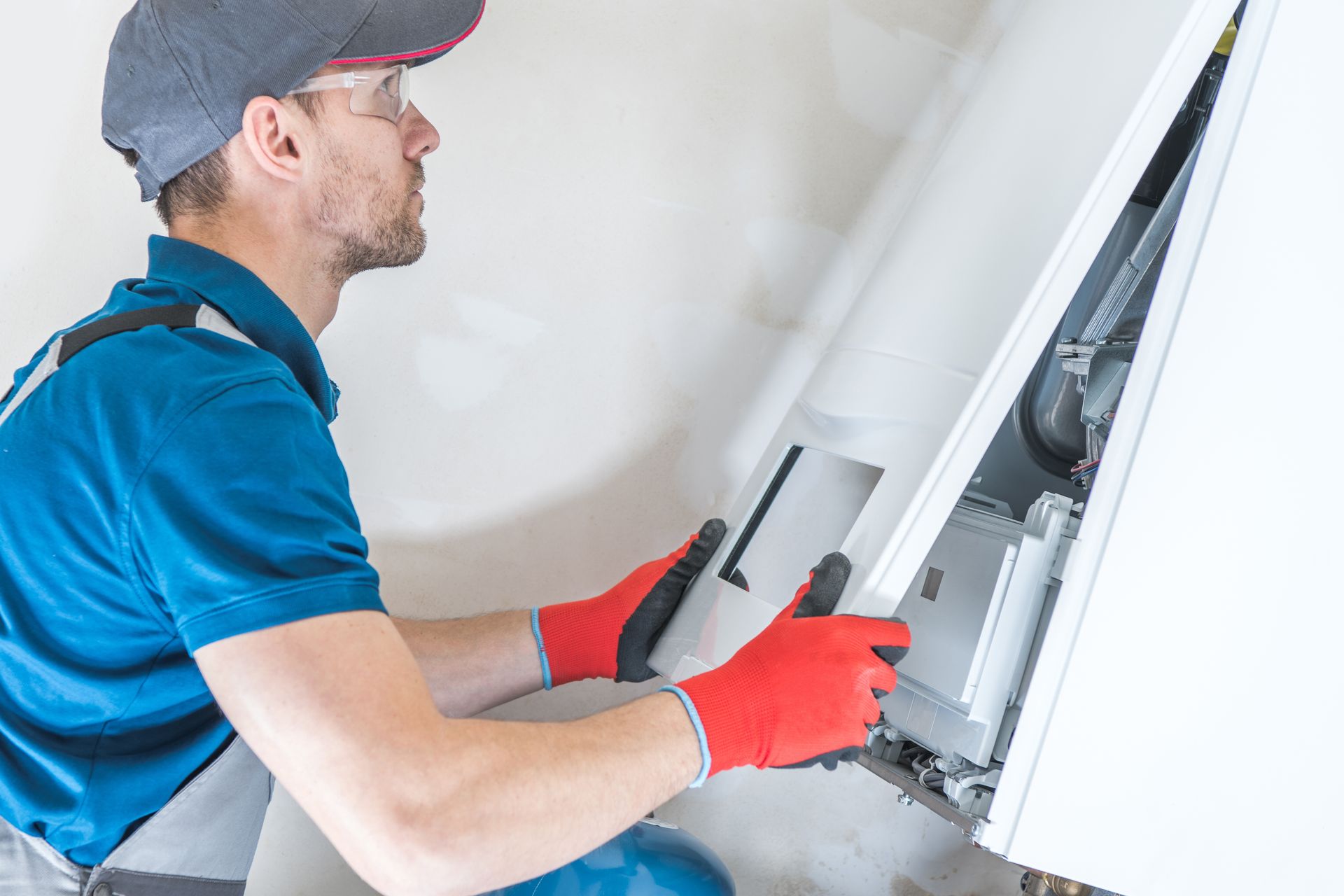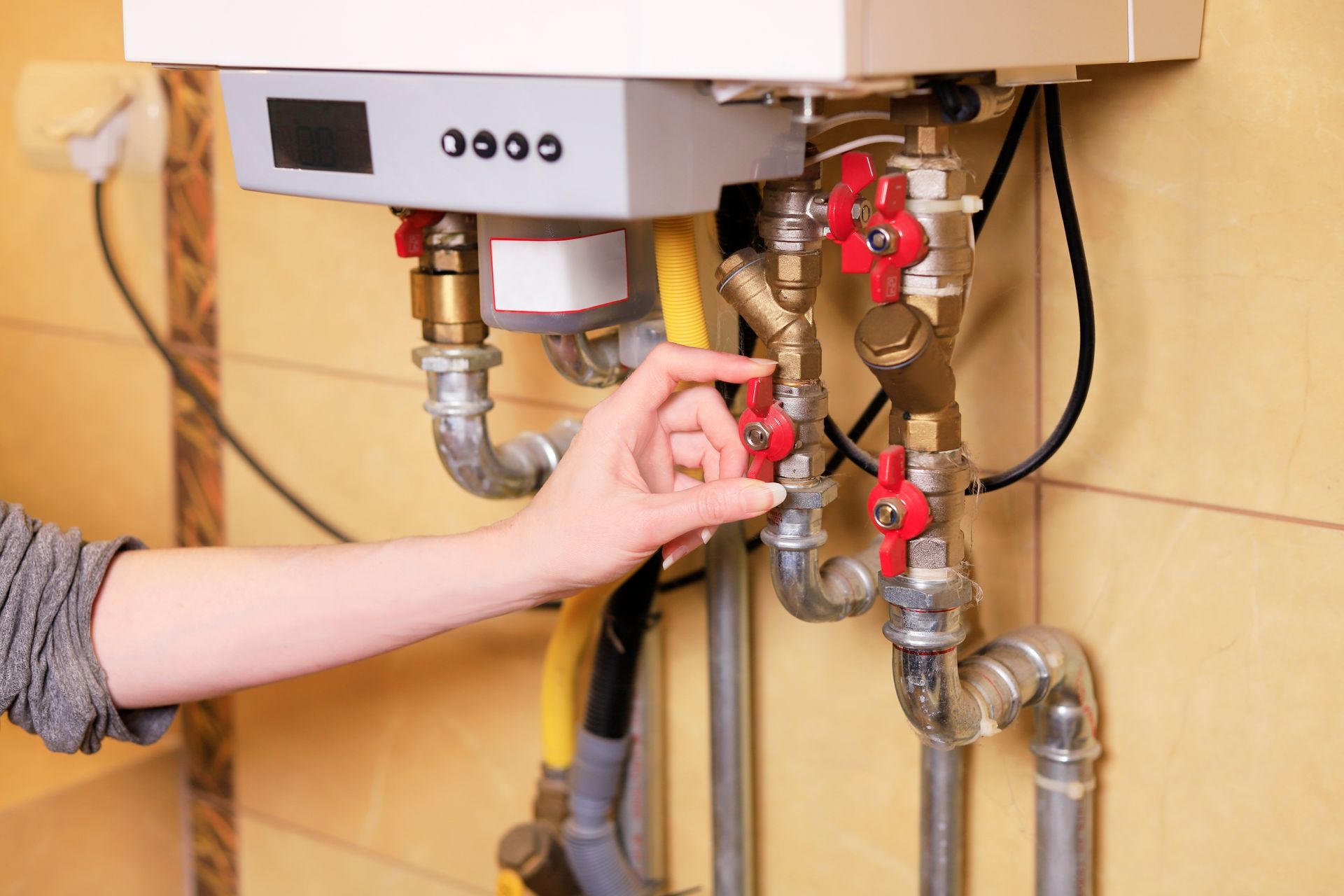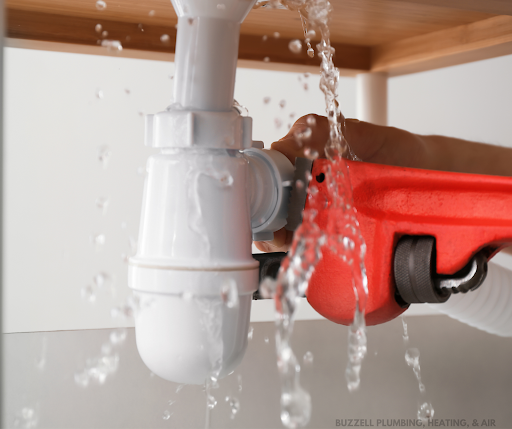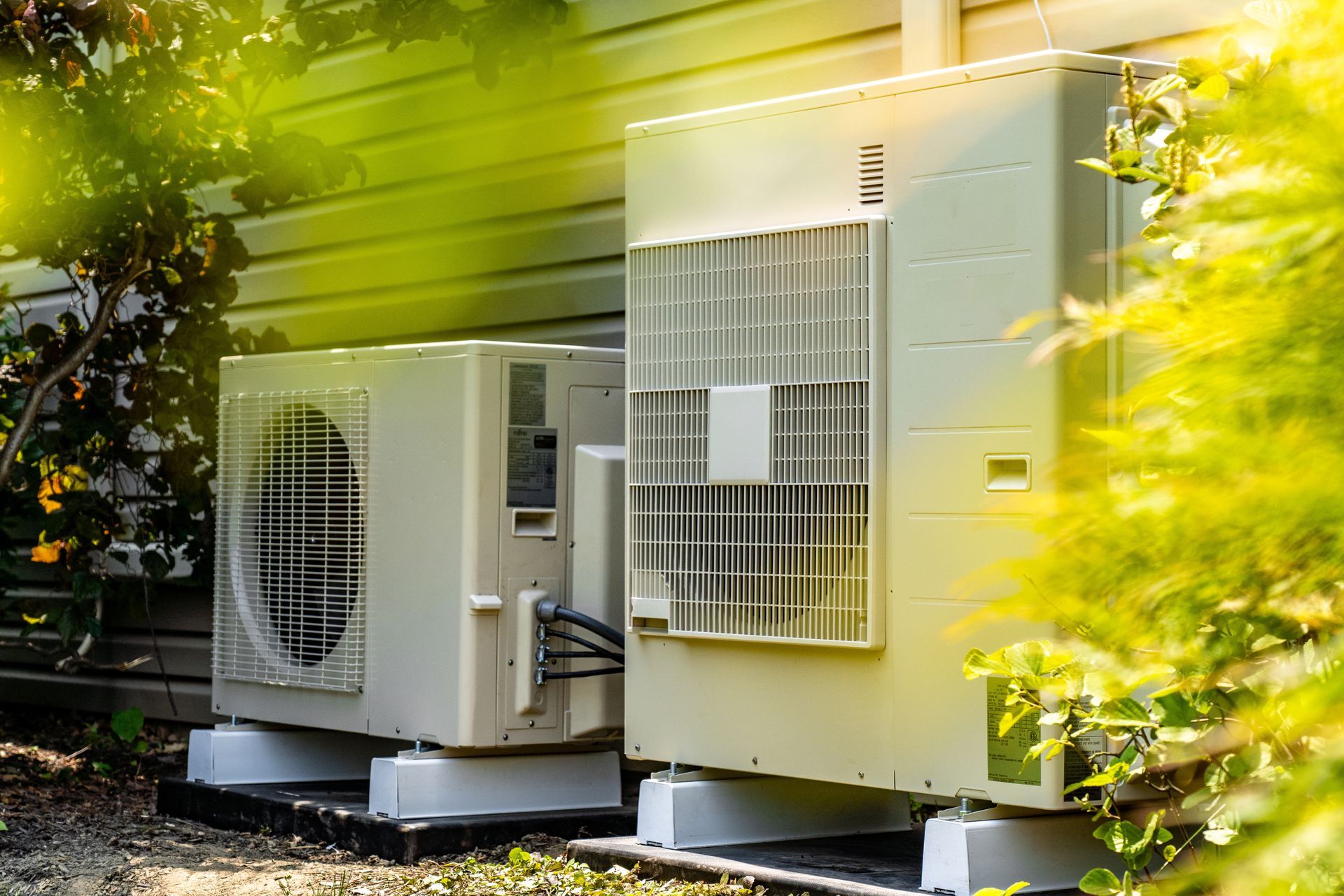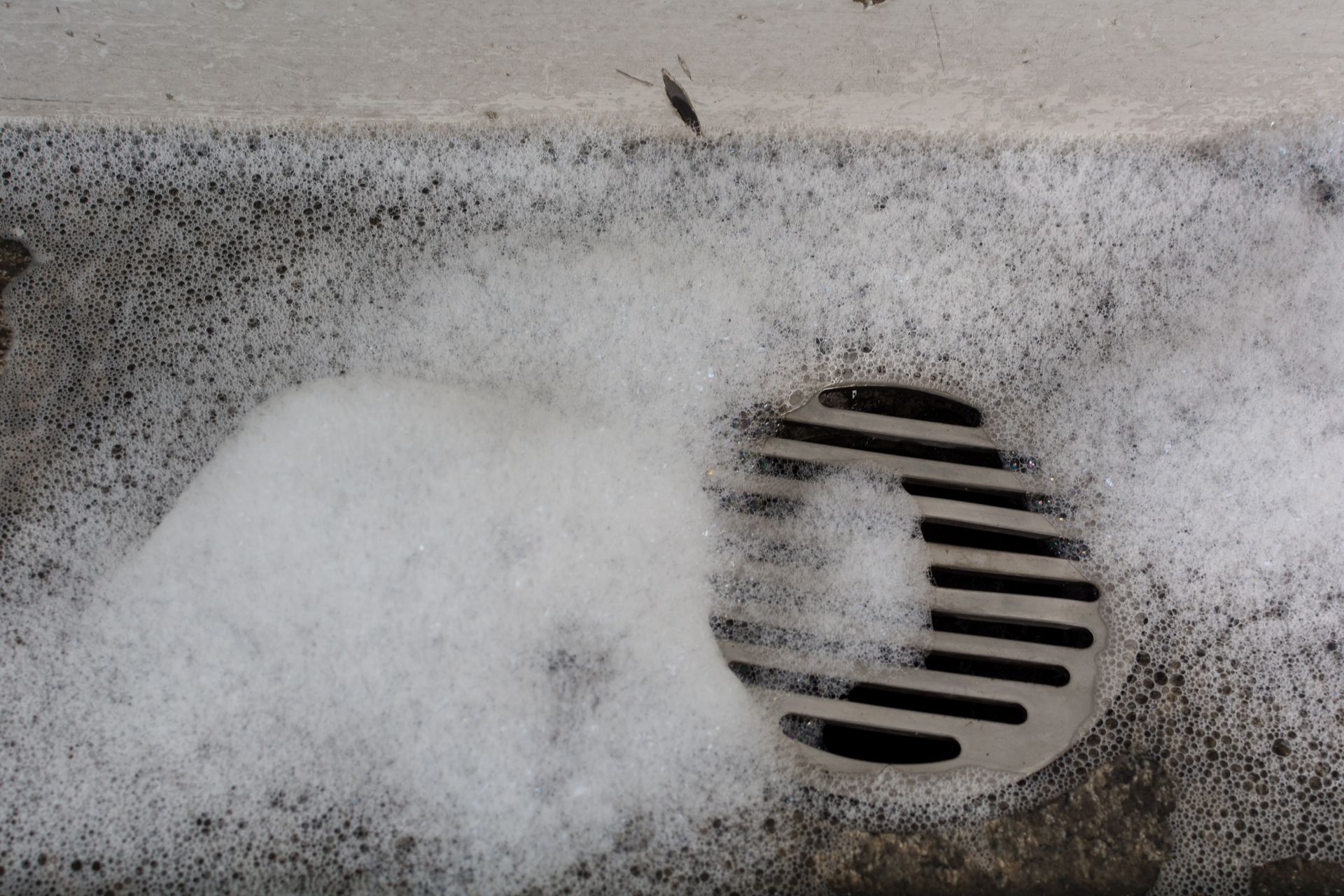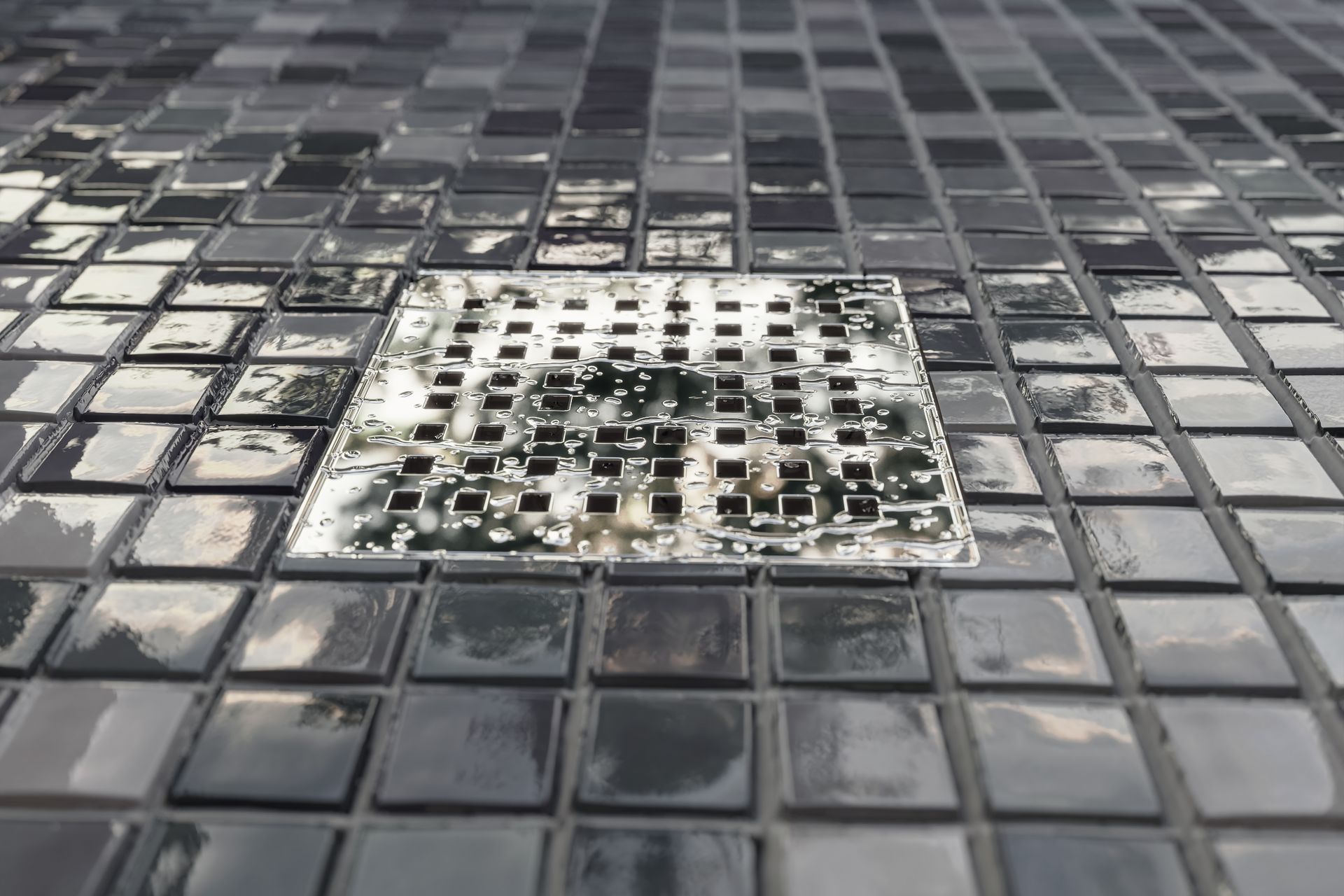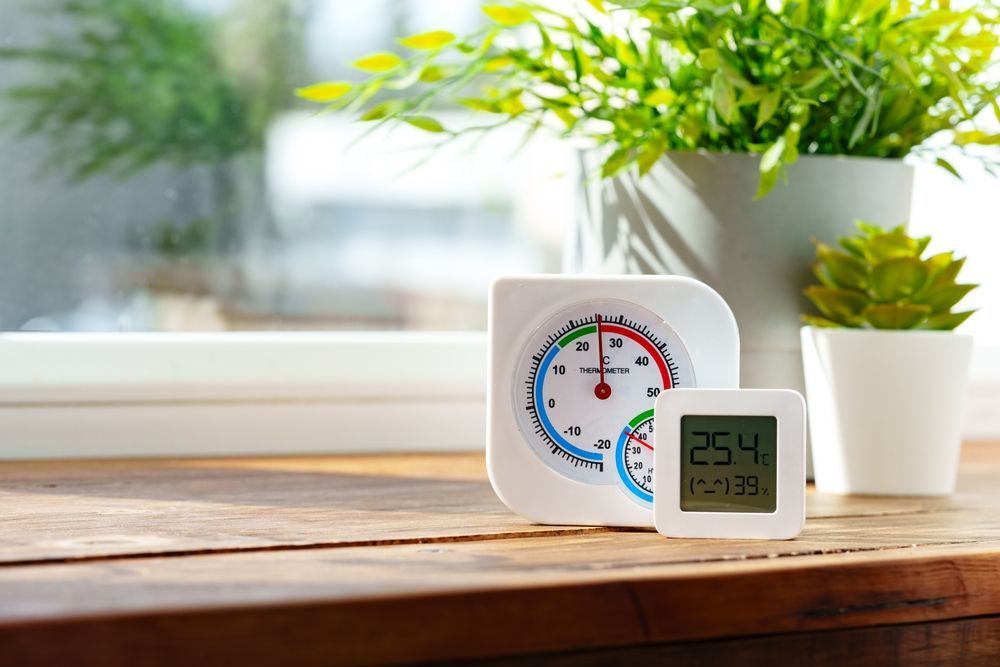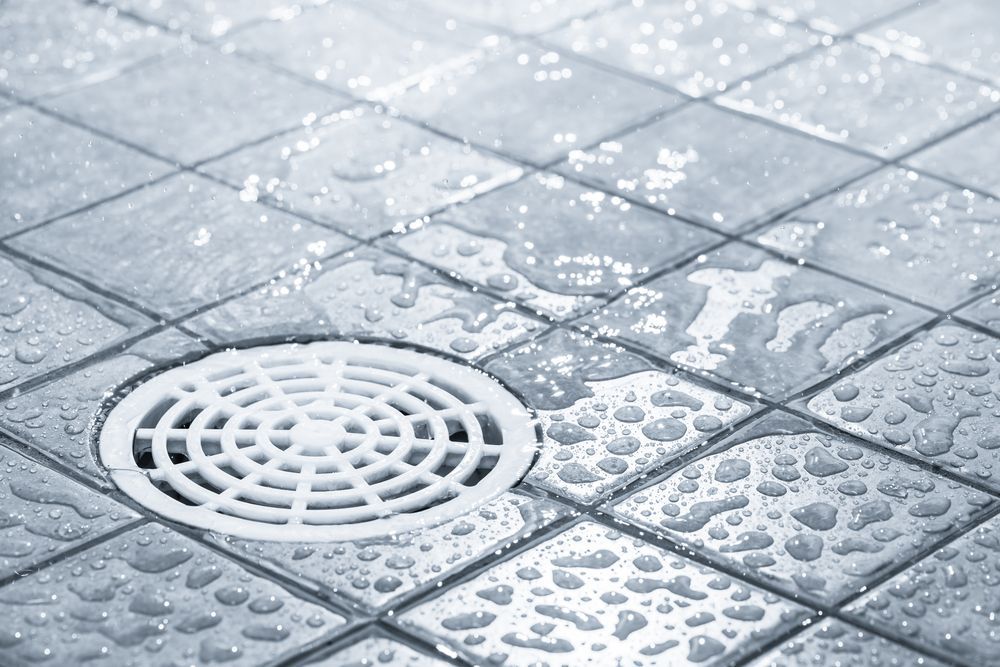Which Is Better for Your HVAC System: HEPA or MERV Filters?
Given our significant time indoors, our air quality is crucial for our well-being. Your home's HVAC (Heating, Ventilation, and
Air Conditioning) system ensures good indoor air quality by filtering out various airborne contaminants. This article delves into an in-depth comparison of two popular air filter types - HEPA and MERV filters, to assist you in making an informed decision when purchasing your next HVAC filter.
Importance of HVAC Filters
The primary role of an HVAC filter is to safeguard the system's components by trapping dust and debris, preventing them from entering the system. The type and quality of the filter can substantially impact your indoor air quality as it filters out pollutants, allergens, and contaminants from the air. These include but are not limited to:
- Dust
- Dust mites
- Pollen
- Pet dander
- Mold
- Skin flakes
- Viruses
The efficiency of a filter in trapping these airborne particles is measured using rating systems like MERV (Minimum Efficiency Reporting Value) or HEPA (High-Efficiency Particulate Air).
Understanding MERV Filters
MERV is an abbreviation for Minimum Efficiency Reporting Value. It's a standard rating system developed by the American Society of Heating, Refrigerating, and
Air Conditioning Engineers (ASHRAE) to determine the efficiency of an air filter. MERV ratings range from 1 to 16, with 1 being the least efficient and 16 being the most efficient.
How MERV Ratings Work
The MERV rating of an air filter indicates its ability to trap airborne particles of varying sizes. A higher MERV rating implies the filter can efficiently trap smaller particles. For instance, a MERV 1-4 filter is suitable for trapping larger particles like carpet and upholstery fibers, while a MERV 13 filter can trap smaller particles, including virus carriers.
An air filter with a MERV rating of 13 to 16 is considered a high-ranking MERV filter, capable of removing up to 75 percent of all airborne particles 0.3 microns or greater from the air. However, it's worth noting that a higher MERV rating can also mean more resistance to airflow, which can make your HVAC system work harder and consume more energy.
Delving Into HEPA Filters
HEPA, an acronym for High-Efficiency Particulate Air, is a pleated mechanical air filter. It is designed to trap contaminants in one pass, making it an ideal choice for environments where the circulation of viruses and other contaminants must be avoided, like hospitals.
HEPA filters can capture up to 99.7 percent of all contaminants 0.3 microns or greater, using a dense mat of fibers arranged in a specific configuration. However, this high particle capture rate comes at a cost - HEPA filters present more resistance to airflow than MERV filters, causing the blower on your HVAC equipment to work harder to push air through the filter, hence using more energy.
MERV vs HEPA: Which is Better?
The choice between MERV and HEPA filters ultimately boils down to your specific needs. For most residential settings, a MERV-rated filter strikes a good balance between air cleanliness and HVAC efficiency. This is because the air in your home gets recirculated and passes through your filter multiple times daily. After several rounds, each capturing up to 75 percent of airborne particles, your air will get adequately clean without requiring the extra energy HEPA filtration would demand.
On the other hand, HEPA filters, with their higher particle capture rate, are an excellent choice for hospitals with the highest air cleanliness level. However, due to their denser filtration material, using a HEPA filter in a residential HVAC system that isn't designed for it can lead to problems like insufficient heating and cooling and increased energy bills.
MERV vs HEPA: A Comparative Chart
| Parameters | MERV Filters | HEPA Filters |
|---|---|---|
| Efficiency | Up to 75% of airborne particles 0.3 microns or greater | Up to 99.7% of airborne particles 0.3 microns or greater |
| Energy Consumption | Less as compared to HEPA filters | More due to higher resistance to airflow |
| Suitability | Residential HVAC systems | High-risk environments like hospitals |
| Cost | Less expensive | More expensive due to higher efficiency |
Choosing the Right Filter: Buzzell's Expertise in HVAC Services
Choosing the right filter for your HVAC system can be challenging, but the experts at Buzzell are here to help. Serving middle Georgia since 1974, Buzzell is a trusted provider of HVAC services.
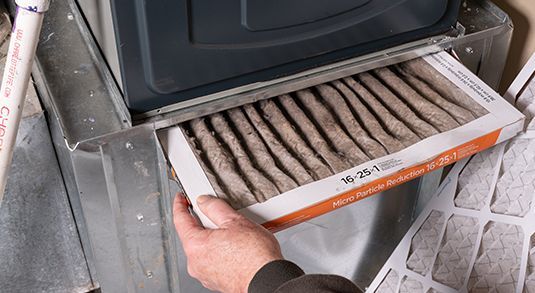
We offer
- Full Installation & Repairs: Our experienced technicians are skilled in handling all HVAC installation and repair projects. We ensure that your system operates efficiently and effectively.
- Indoor Air Improvement: We offer solutions to improve the indoor air quality of your space. Our services include air purifiers, ventilation systems, and more.
- New Construction Installs: Our team can install the HVAC system when building a new property. We ensure proper functionality and adherence to industry standards.
- Maintenance Agreements: With our maintenance agreements, you can enjoy peace of mind knowing that your HVAC system is regularly inspected and serviced. This helps prevent potential issues and extends the lifespan of your equipment.
Whether it's a MERV filter or a HEPA filter, our team can guide you in selecting the most suitable filter based on your HVAC system's capabilities and specific needs. Remember, the best filter for your HVAC system combines efficient filtration with energy efficiency, ultimately enhancing your home's comfort and well-being. For more information on our range of services or to schedule an appointment, contact Buzzell today.
